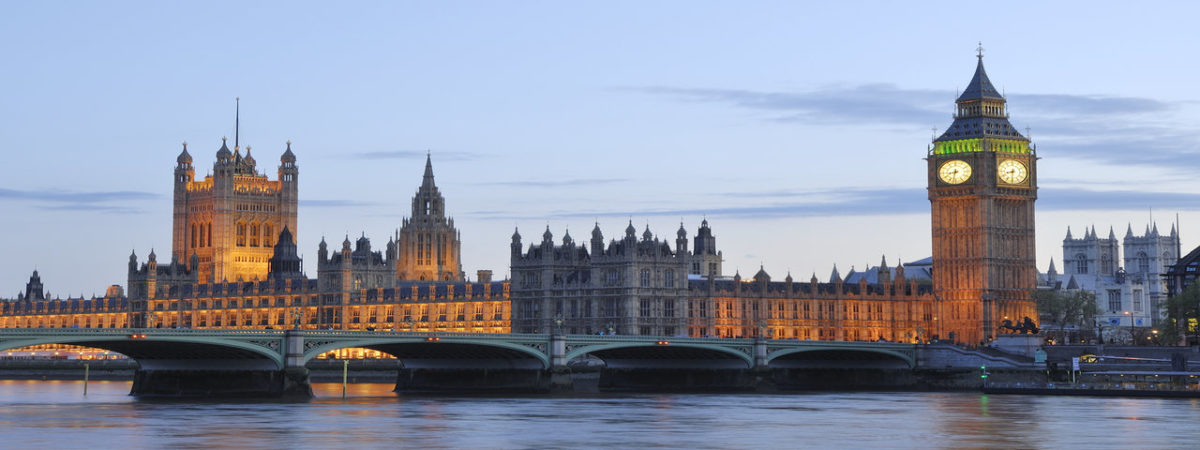UK must ensure a multi-speed Europe is not the route to more regulation and centralisation
SUGGESTED



Prof Philip Booth comments on the latest eurozone developments
“In many ways, the development of a multi-speed Europe would be good for Britain. However, the UK must ensure three things:
“A multi-speed Europe must not provide a back-door way for a majority of countries to have EU-wide powers of financial regulation without unanimous agreement in the EU as a whole.
“Secondly, a multi-speed Europe must be embraced as a wider concept to reduce EU-wide regulation in areas such as employment regulation that are not essential to the free movement of goods, services and capital.
“Thirdly, the eurozone member countries must not be allowed to undermine the free movement of capital in any way.
“These should be pre-requisites for agreement to any treaty that has legal force within the EU. If these conditions are not adhered to very strictly, we know from experience that there will be a drift to the centralisation of regulatory powers in Brussels which will damage – and indeed potentially destroy – the City of London as a financial centre.”
Notes to editors
To arrange an interview with Prof. Philip Booth, Editorial Director at the Institute of Economic affairs, please contact Stephanie Lis, Director of Communications: 020 7799 8909, slis@iea.org.uk
The mission of the Institute of Economic Affairs is to improve understanding of the fundamental institutions of a free society by analysing and expounding the role of markets in solving economic and social problems.
The IEA is a registered educational charity and independent of all political parties.



